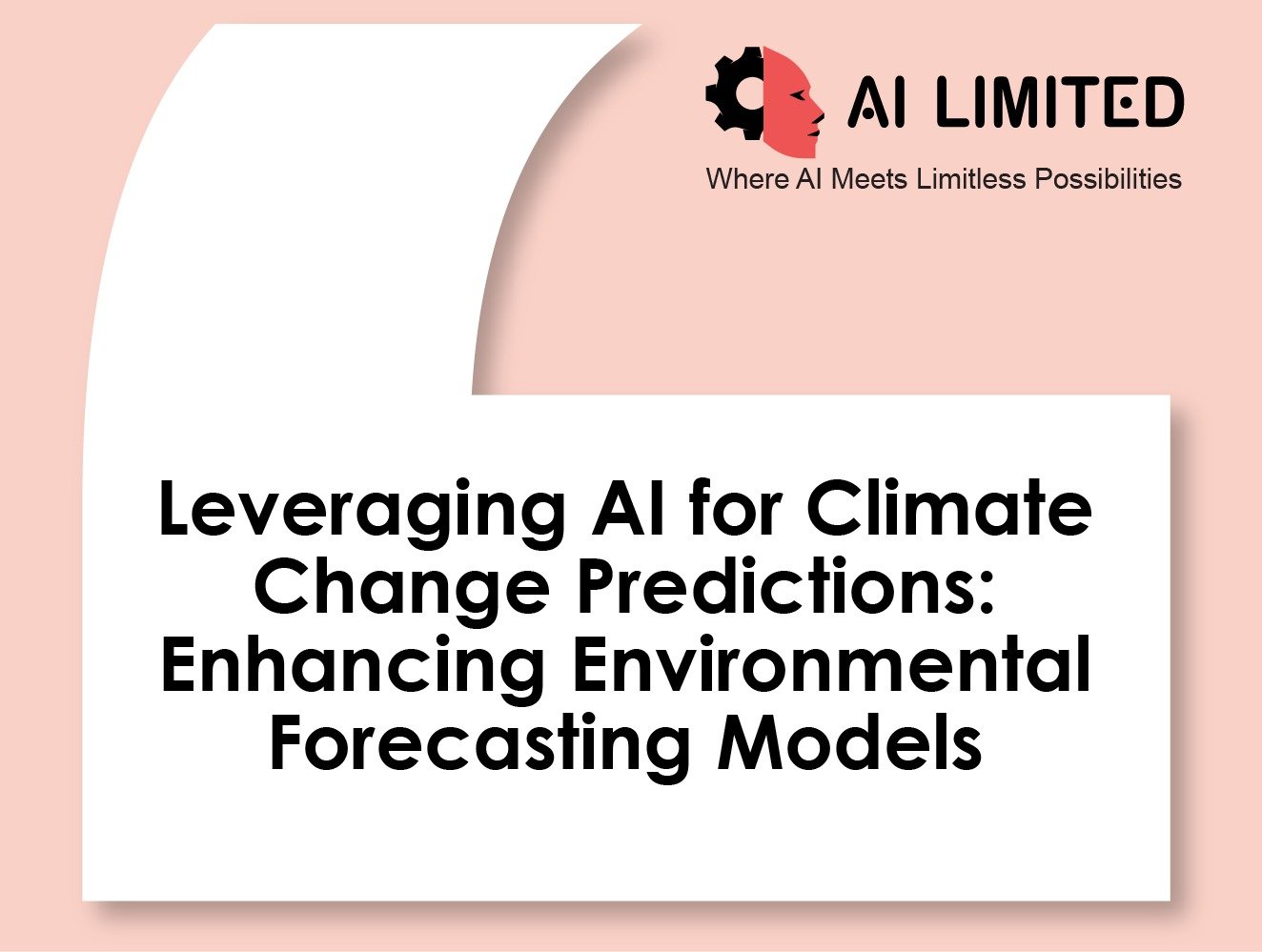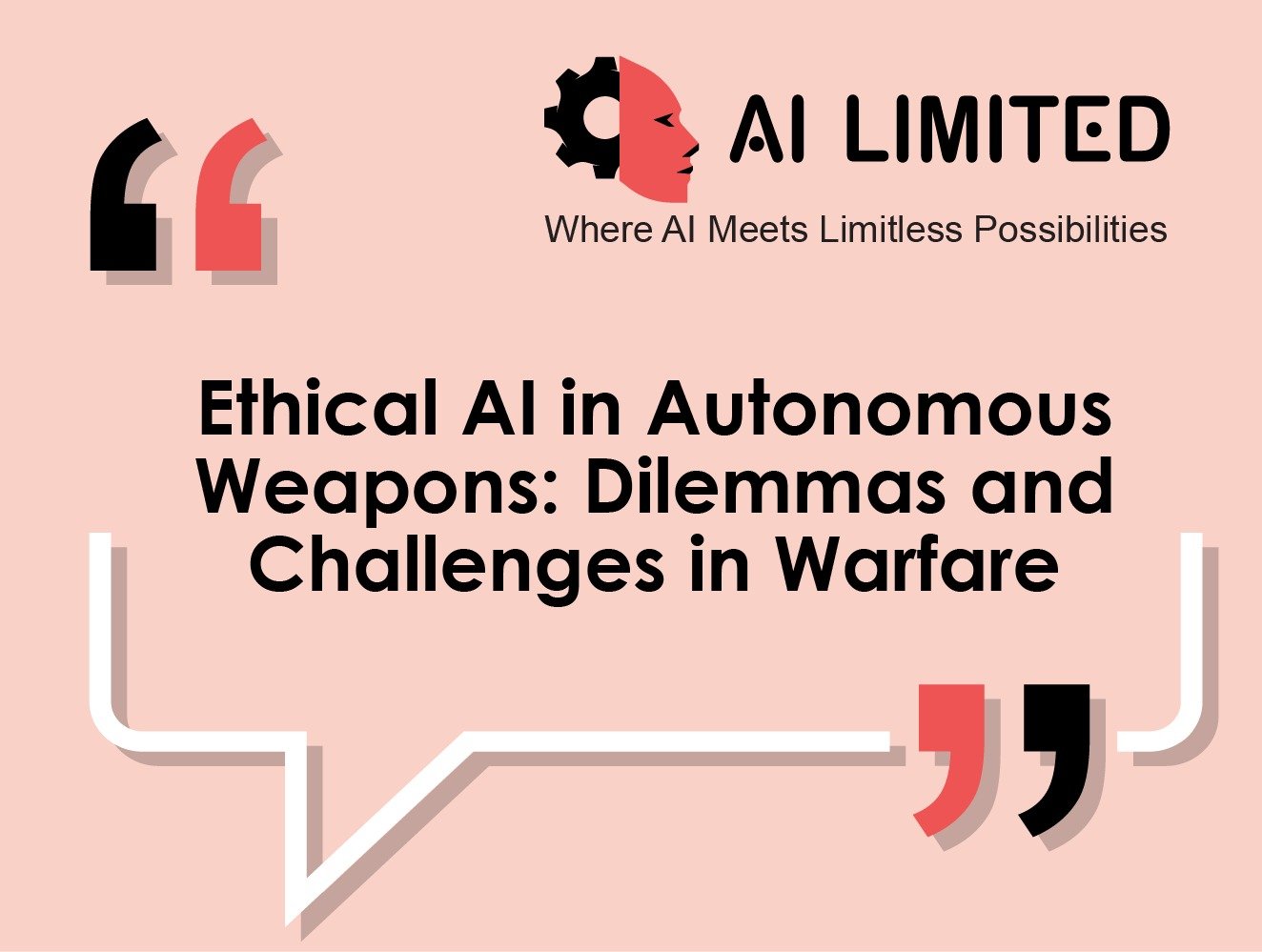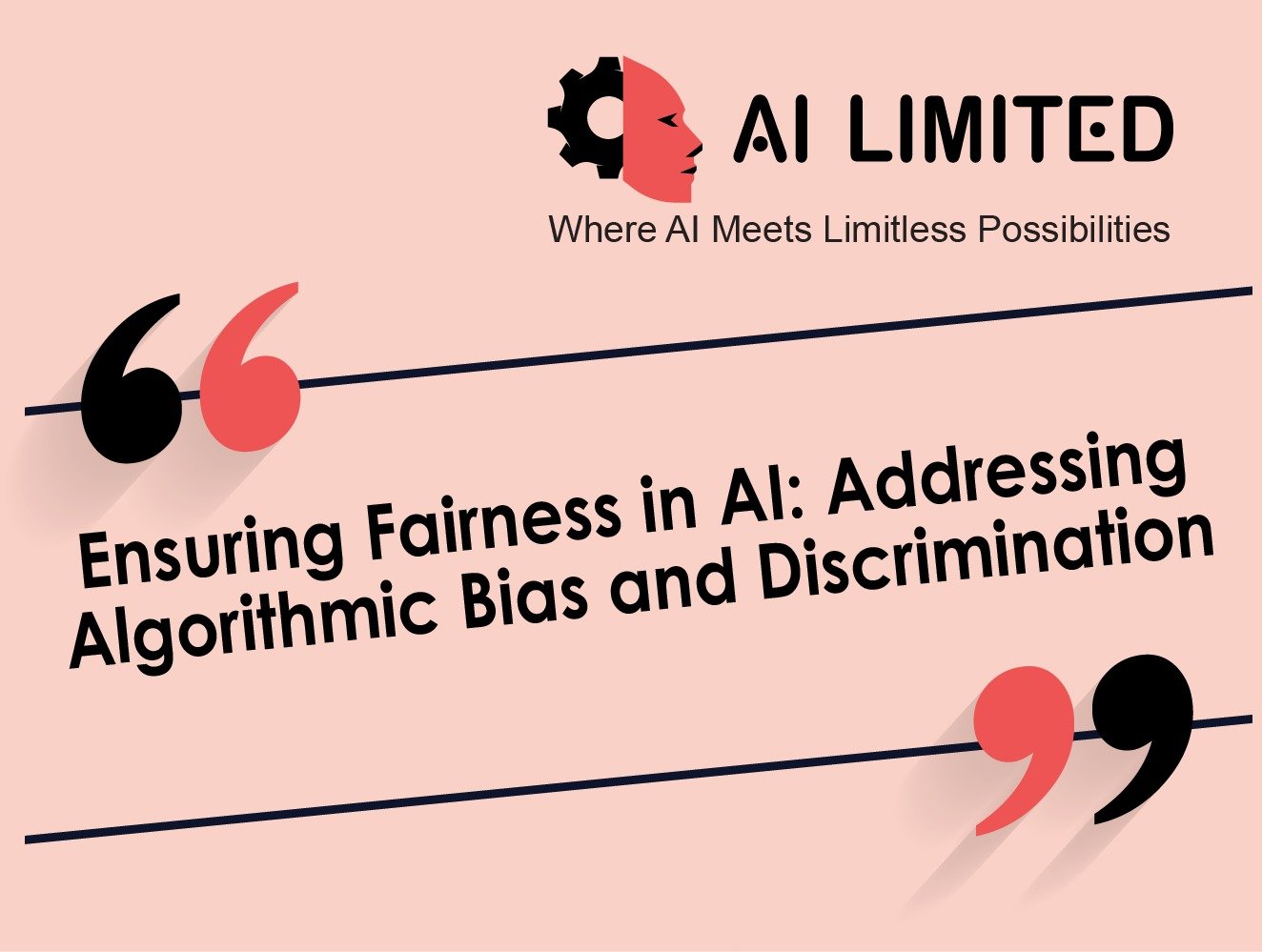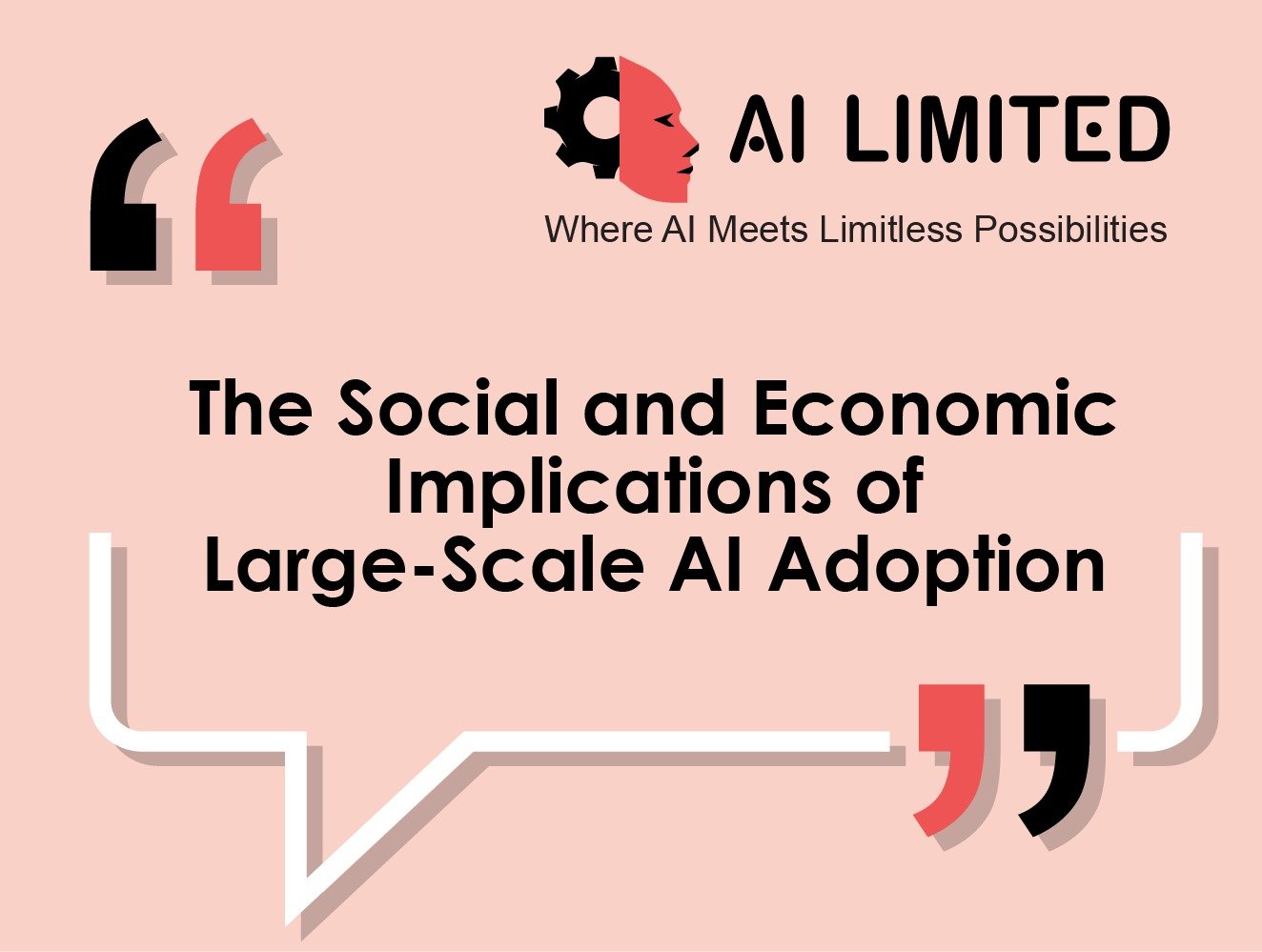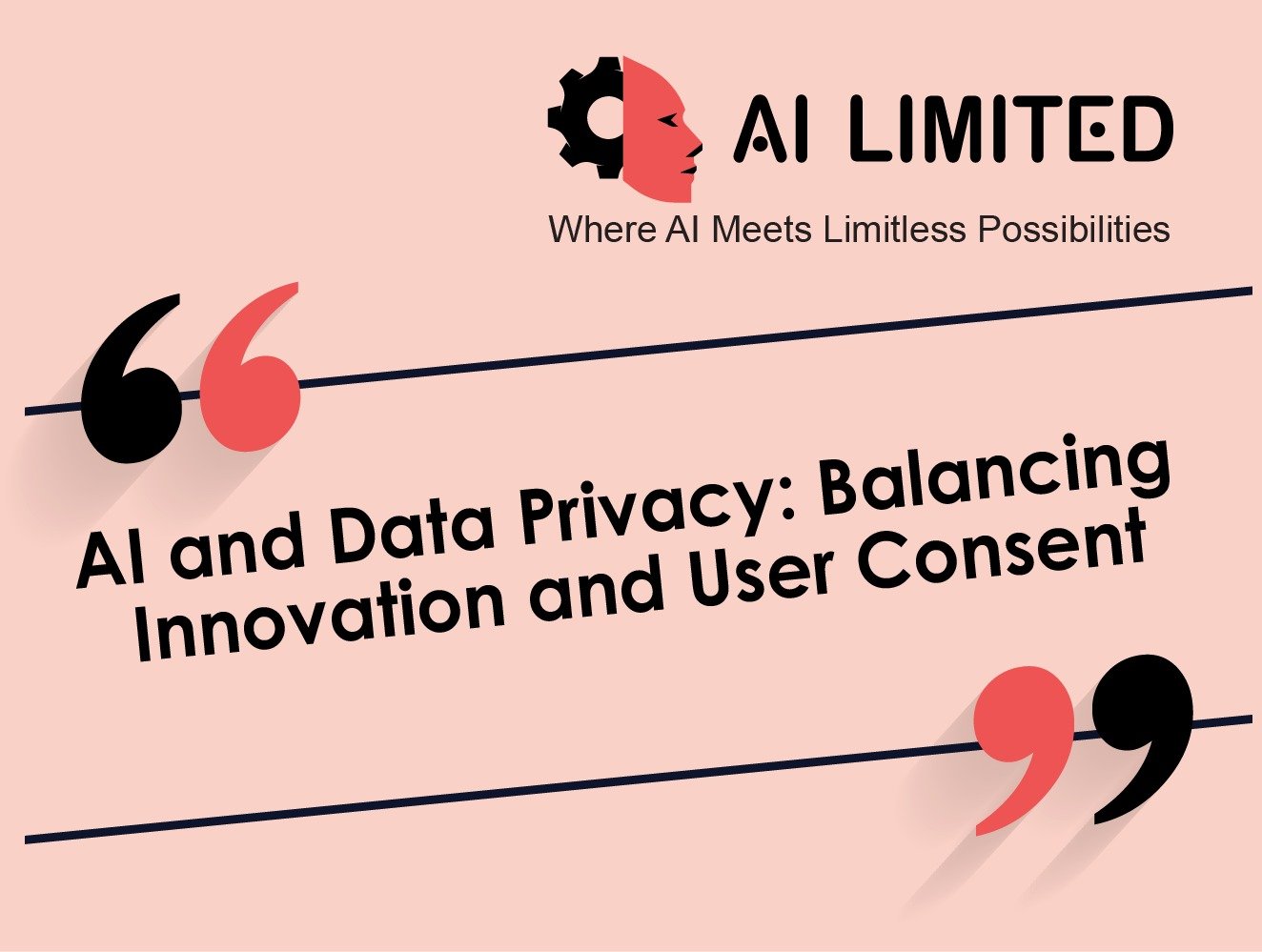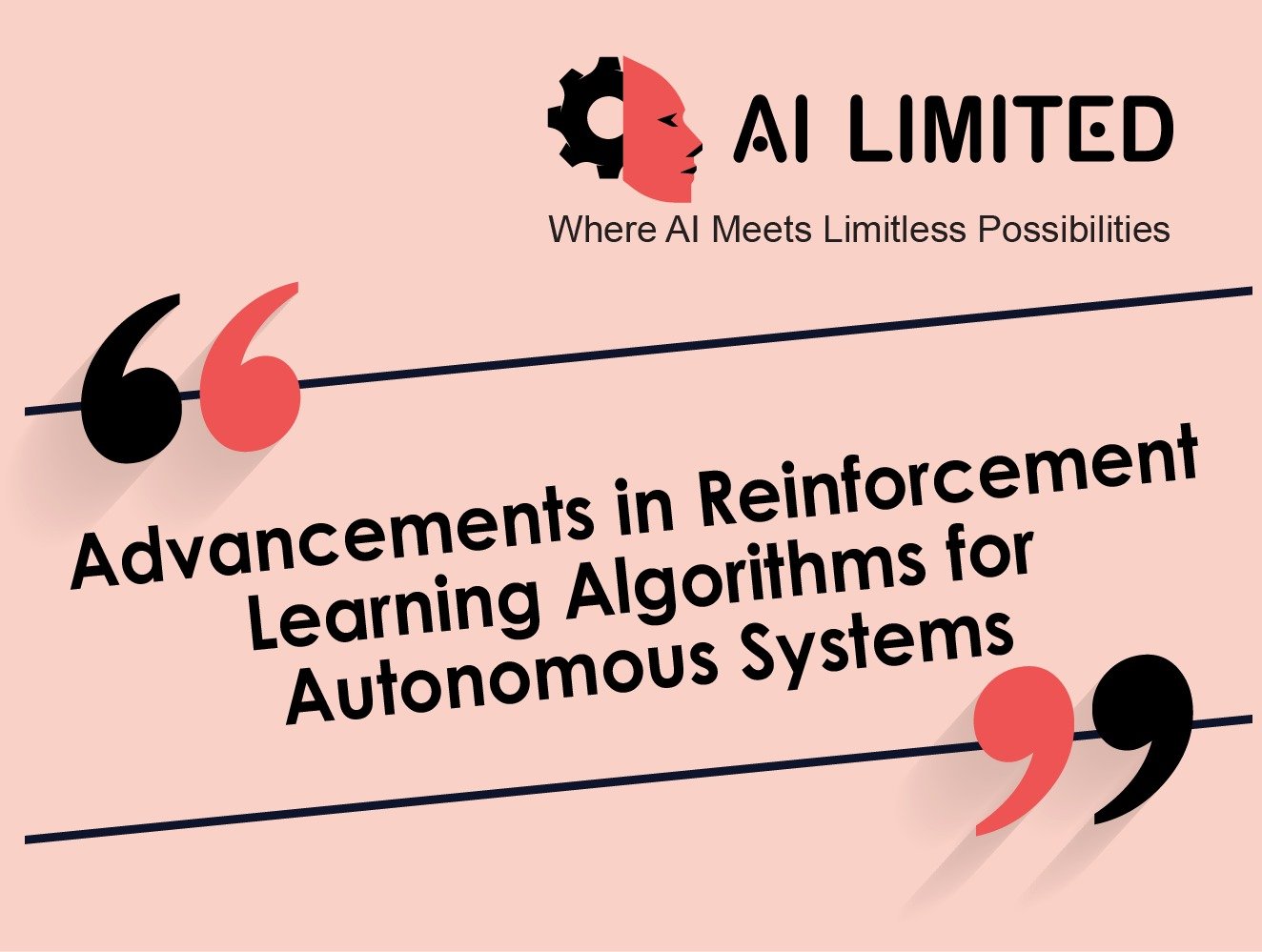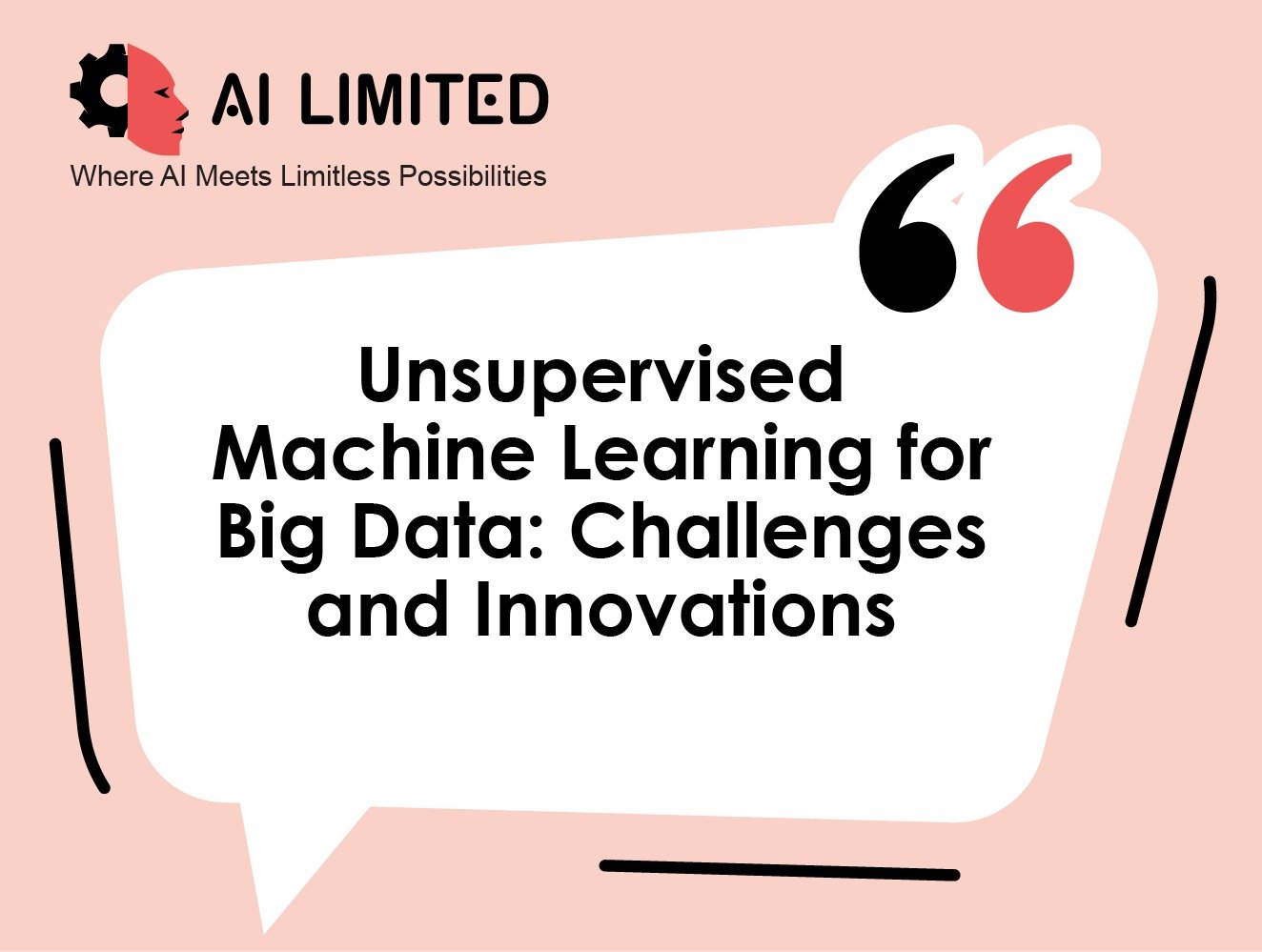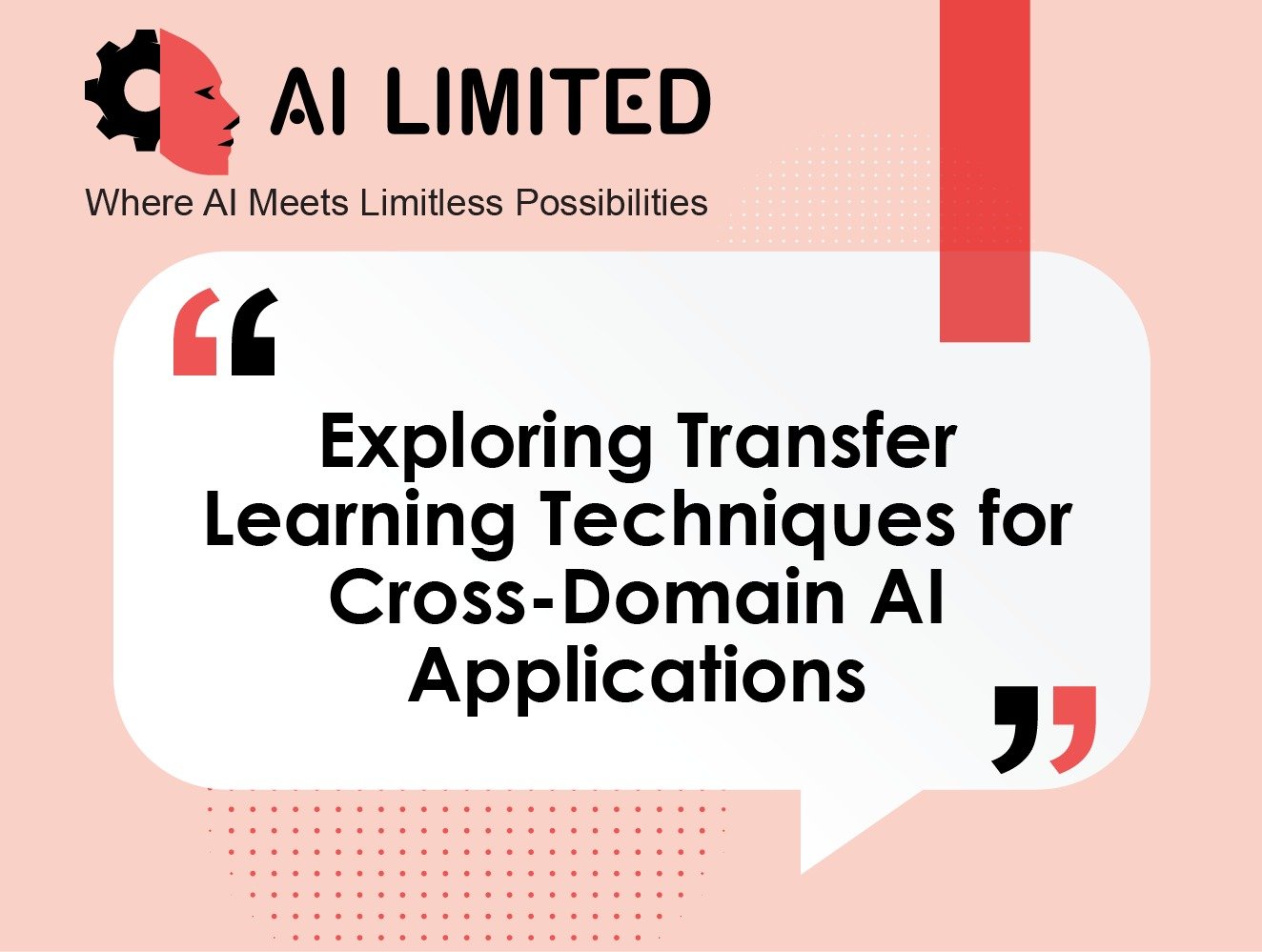As the impact of climate change becomes increasingly evident, accurate and timely predictions are crucial for mitigating its effects and adapting to a rapidly evolving environment. Traditional climate models, while sophisticated, often struggle with the complexities and scale of climate systems. Artificial intelligence (AI) offers transformative potential for enhancing environmental forecasting models, providing more precise […]
As the global demand for energy surges and the imperative to combat climate change intensifies, optimizing energy systems for efficiency and sustainability has become crucial. Smart grids, which integrate advanced communication and control technologies into traditional electrical grids, are pivotal in addressing these challenges. Artificial intelligence (AI) is at the forefront of enhancing smart grids, […]
As artificial intelligence (AI) continues to transform industries and impact daily life, the need for comprehensive ethical guidelines has become increasingly urgent. AI systems hold the potential to revolutionize sectors such as healthcare, finance, and transportation, but their deployment also raises significant ethical and societal concerns. Establishing a robust policy framework for AI ethics is […]
The integration of artificial intelligence (AI) into autonomous weapons systems represents a profound shift in modern warfare, raising complex ethical and operational dilemmas. As these technologies advance, they promise increased precision and efficiency, but they also introduce significant risks and challenges. The ethical landscape surrounding autonomous weapons is fraught with questions about accountability, decision-making, and […]
As artificial intelligence (AI) becomes increasingly integral to decision-making in various sectors—from hiring and finance to law enforcement and healthcare—ensuring fairness in AI and mitigating bias has become a critical challenge. Algorithmic bias can inadvertently perpetuate existing inequalities or create new forms of discrimination. Addressing these issues is not only a matter of ethical responsibility […]
The rapid adoption of artificial intelligence (AI) across various sectors is reshaping both social dynamics and economic landscapes. As AI technologies become increasingly sophisticated and integrated into everyday life, their implications extend far beyond technical advancements. Understanding the social and economic impact of large-scale AI adoption is crucial for navigating the opportunities and challenges it […]
In an era where artificial intelligence (AI) is driving transformative advancements across industries, data privacy has emerged as a critical concern. AI systems rely heavily on vast amounts of personal data to function effectively, raising questions about how to balance the benefits of innovation with the imperative to protect individual privacy. Ensuring user consent and […]
Autonomous systems—such as self-driving vehicles, drones, and robots—have come to represent innovation by fusing robotics with artificial intelligence (AI) to produce autonomous technologies. Reinforcement Learning (RL), a machine learning technique that allows systems to learn by interacting with their environment and optimizing actions based on rewards and punishments, is a significant factor behind this progress. […]
In light of the ongoing global data generation, enterprises are progressively resorting to machine learning techniques to analyze and interpret this vast reservoir of information effectively. Although supervised learning has traditionally been the preferred method for specific applications, unsupervised machine learning is now receiving considerable interest, especially in Big Data. Unsupervised learning is very effective […]
Transfer learning has been a pioneering method in artificial intelligence (AI) in recent years, providing solutions to a longstanding constraint in machine learning: the need for vast quantities of annotated data. Transfer learning enables the adaptive modification of a model designed for one task to another, especially when the tasks are interconnected yet originate from […]

